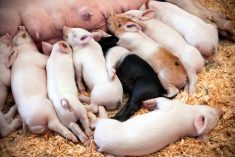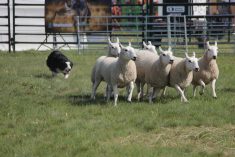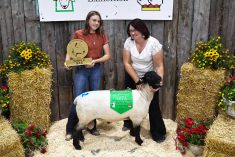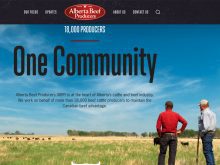Bill Paulishyn was thrilled as can be.
His purebred Kiko buck, Franc-Nord Baskatong, won the grand champion commercial buck title at the national Boer goat show held during the Western Canada Farm Progress Show in Regina last month.
It marked the first time Paulishyn had shown his goats in Western Canada and the first time he’d been in the ring in 10 years.
Although the four-year-old buck is purebred, it and other entries from Paulishyn’s Keystone Farms in Anola, Man., had to compete in the commercial show. They are registered through the American Kiko Goat Association, which is the official organization in North America.
Read Also
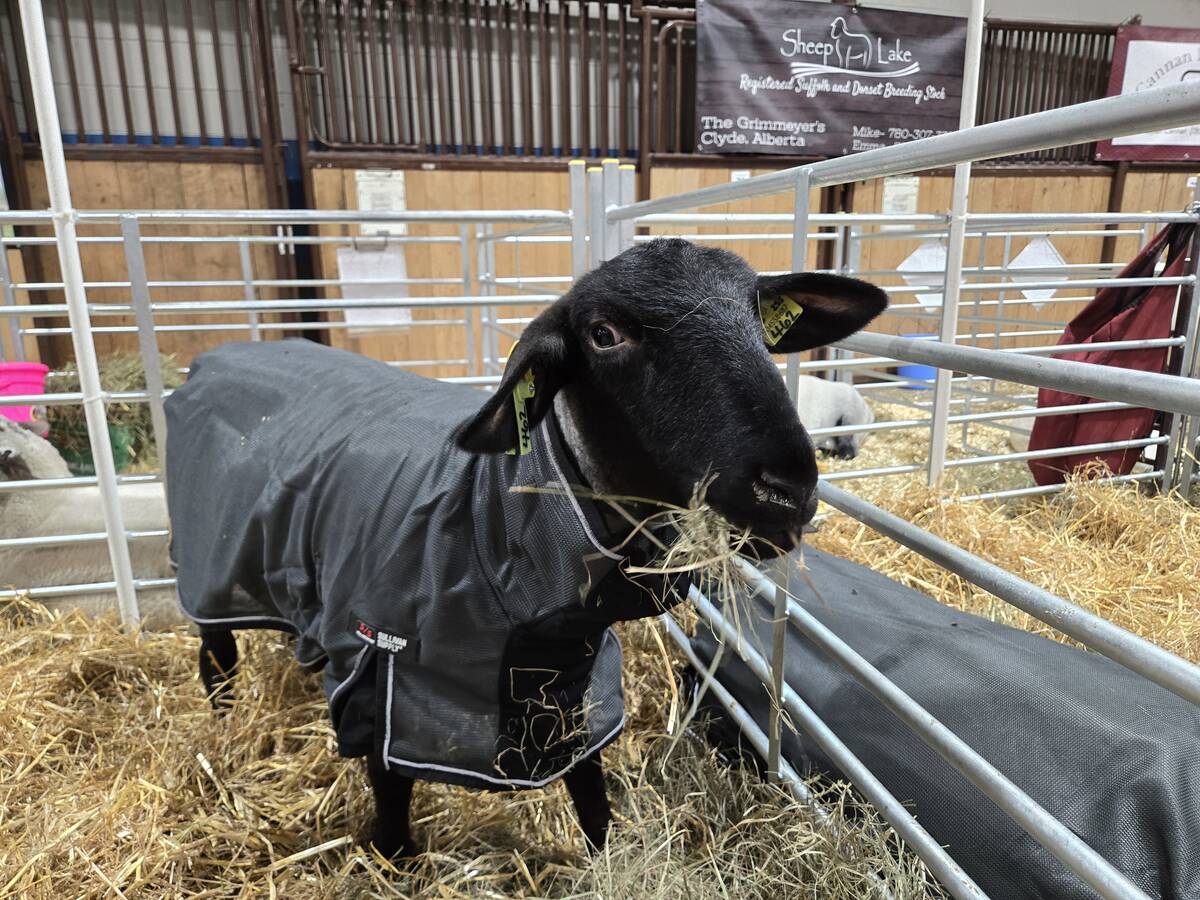
Sheep sector navigates changes in traceability
The sheep sector is developing advanced traceability systems and addressing ongoing challenges in accessing veterinary drugs and treatments.
Paulishyn said he was asked to come to the show, held for the first time at Farm Progress, to display a meat goat that isn’t as familiar as the Boer.
He began in the business by raising Boers but switched to Kikos in 1997 because he believes they are exceptional mothers.
Kikos originated in New Zealand from a breeding program that included captured native goats.
Hundreds of thousands of goats lived in the wild throughout New Zealand and by the mid-1970s were becoming a problem.
As well, a government attempt to establish a mohair industry with Angora goats had failed.
A farmer owned company, Goatex Group LLC, used Angora bucks and native does to develop the Kiko. The name is derived from the Maori word kikokiko, which means good meat.
Keystone Farms has one of the largest registered herds in Western Canada, with 10 does and five bucks.
Paulishyn said one buck can easily cover 500 does. The does give birth to small kids of slightly more than two kilograms. They are usually white, but are also brown, black and multi-coloured.
He focuses on selling bucks, saying they will add growth, fertility and good mothering to an operation.
Keystone Farms also has about 30 commercial does to produce market kids. Paulishyn said his farm is 50 kilometres from Winnipeg, giving him access to the city’s ethnic market.
A rule of thumb is that a typical 60 pound market goat sells for $1.25 per lb. or $75. He has found that buyers will offer him that much for a smaller goat because of the meat quality.
Paulishyn sells his goats through private sales and the Winnipeg Livestock Market.
The former high school teacher said he was pleased with his showing in Regina, which also included the junior doe title. He said the judge, Annette Maze of Texas, knew the value of Kikos.
“She said, ‘this is the hardiest animal God put on this earth.’ “





